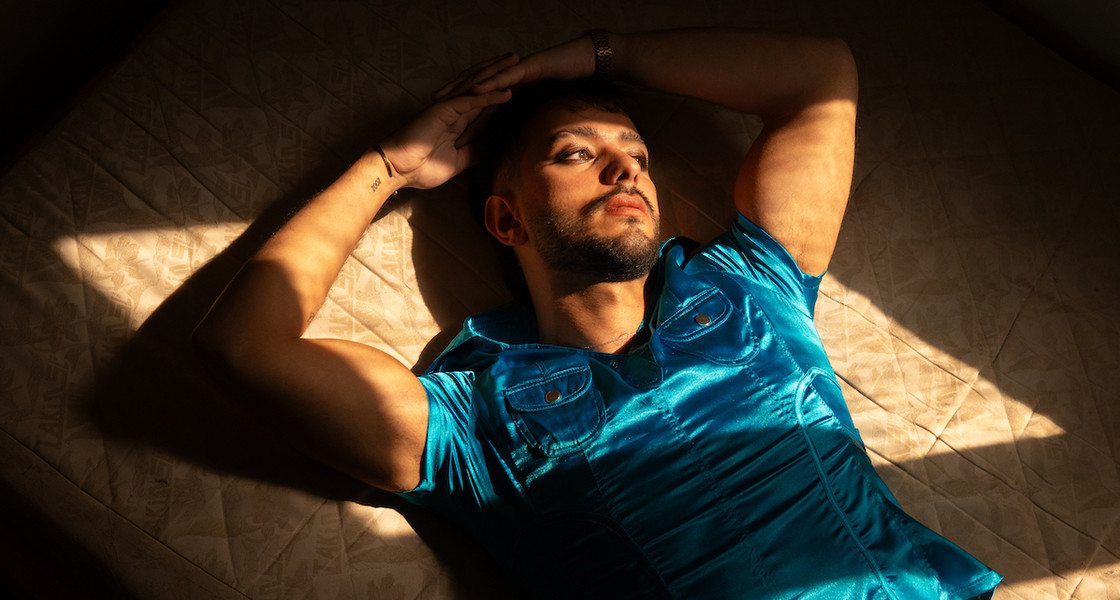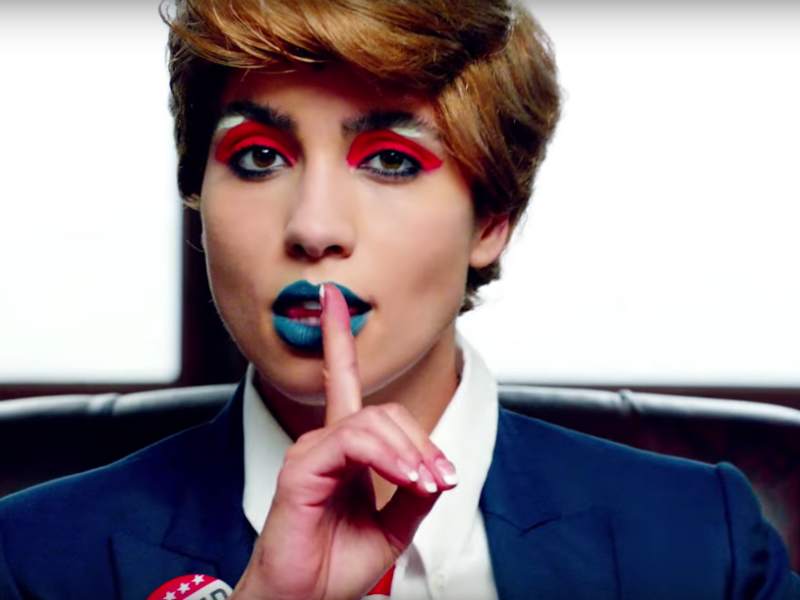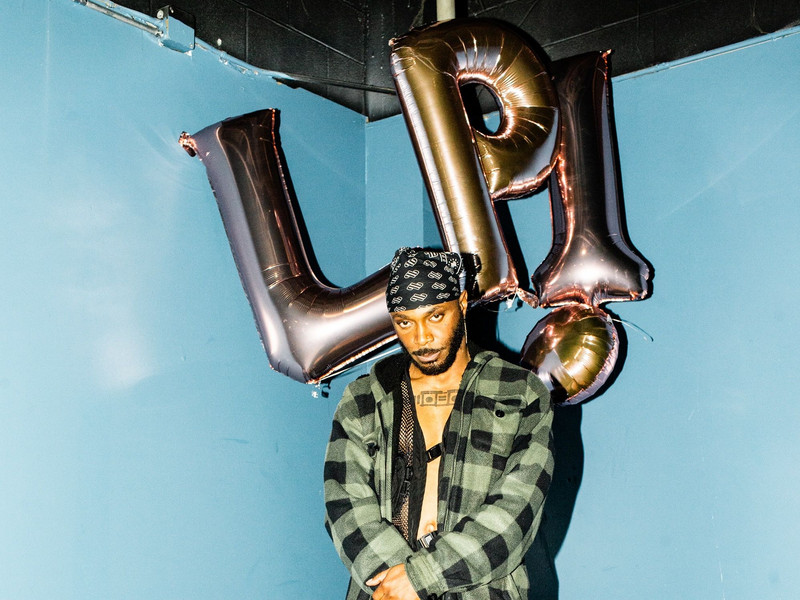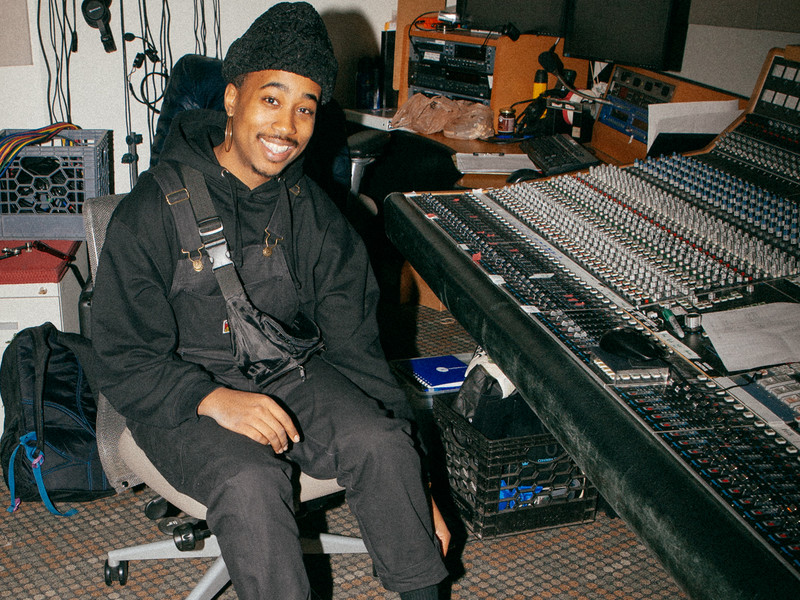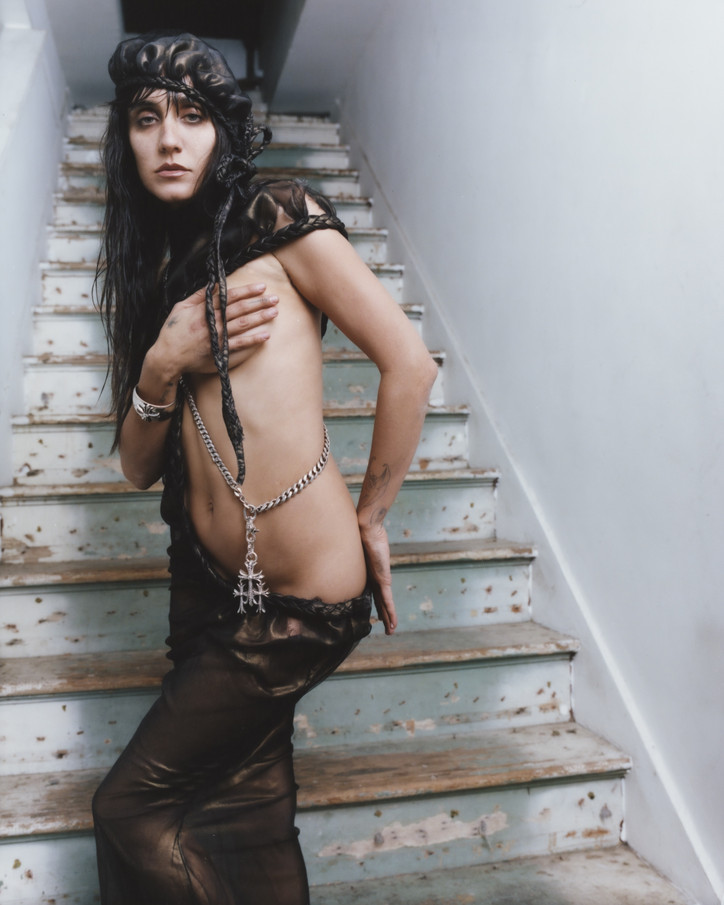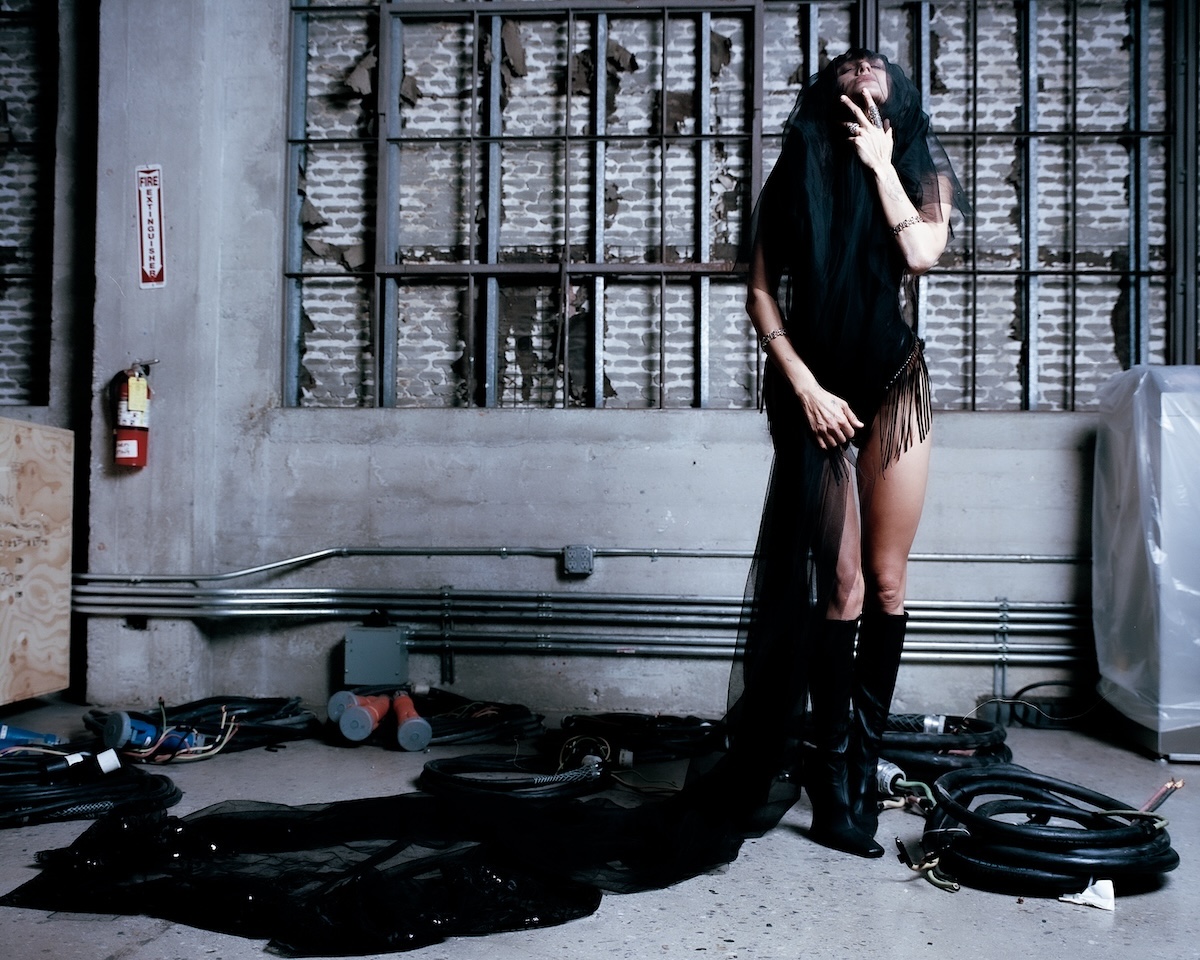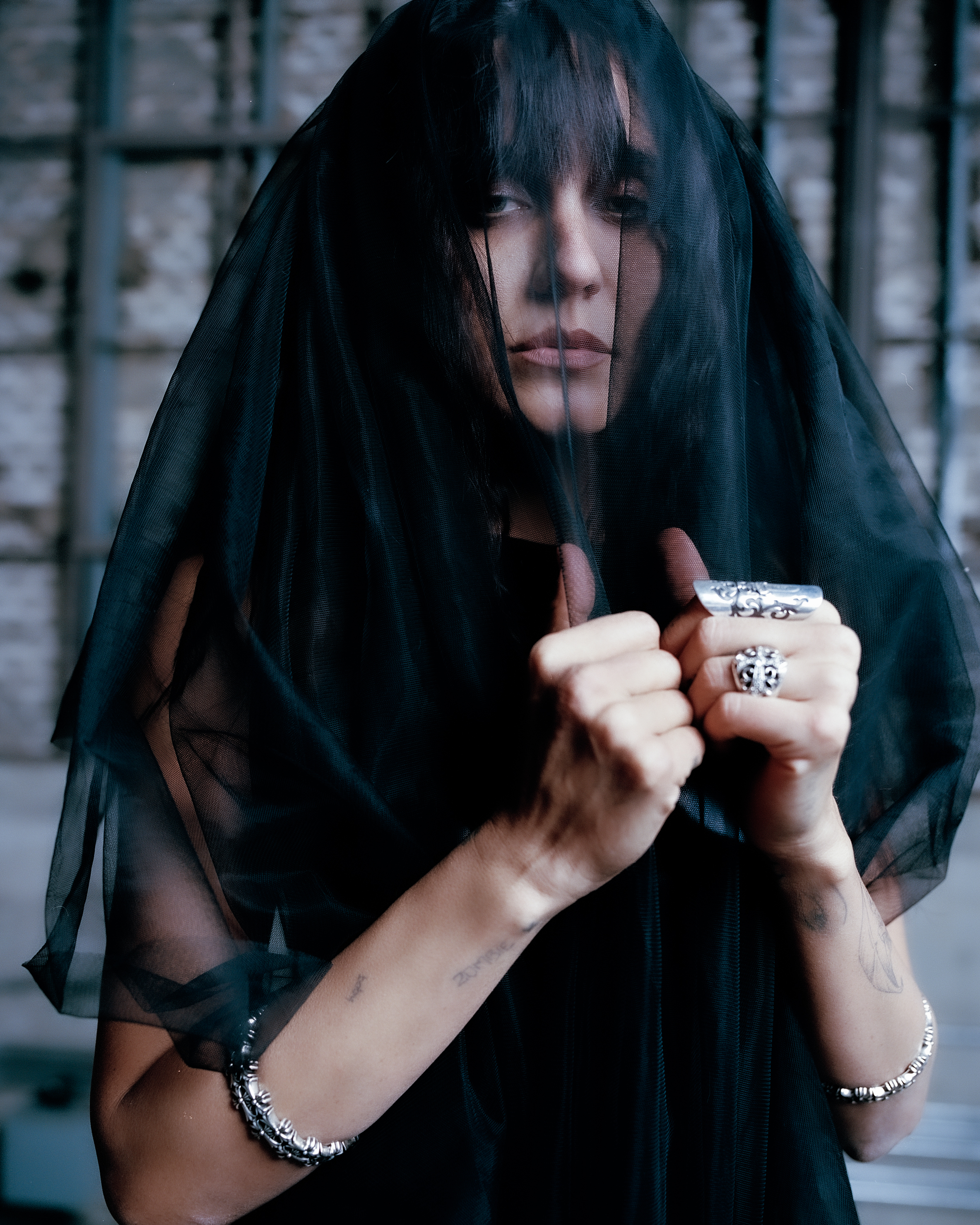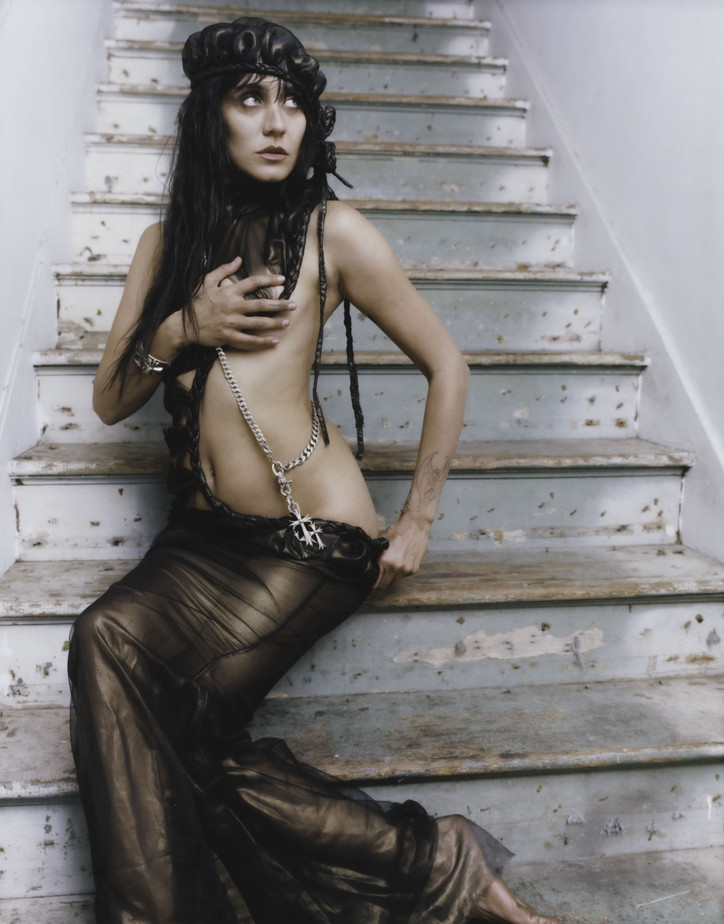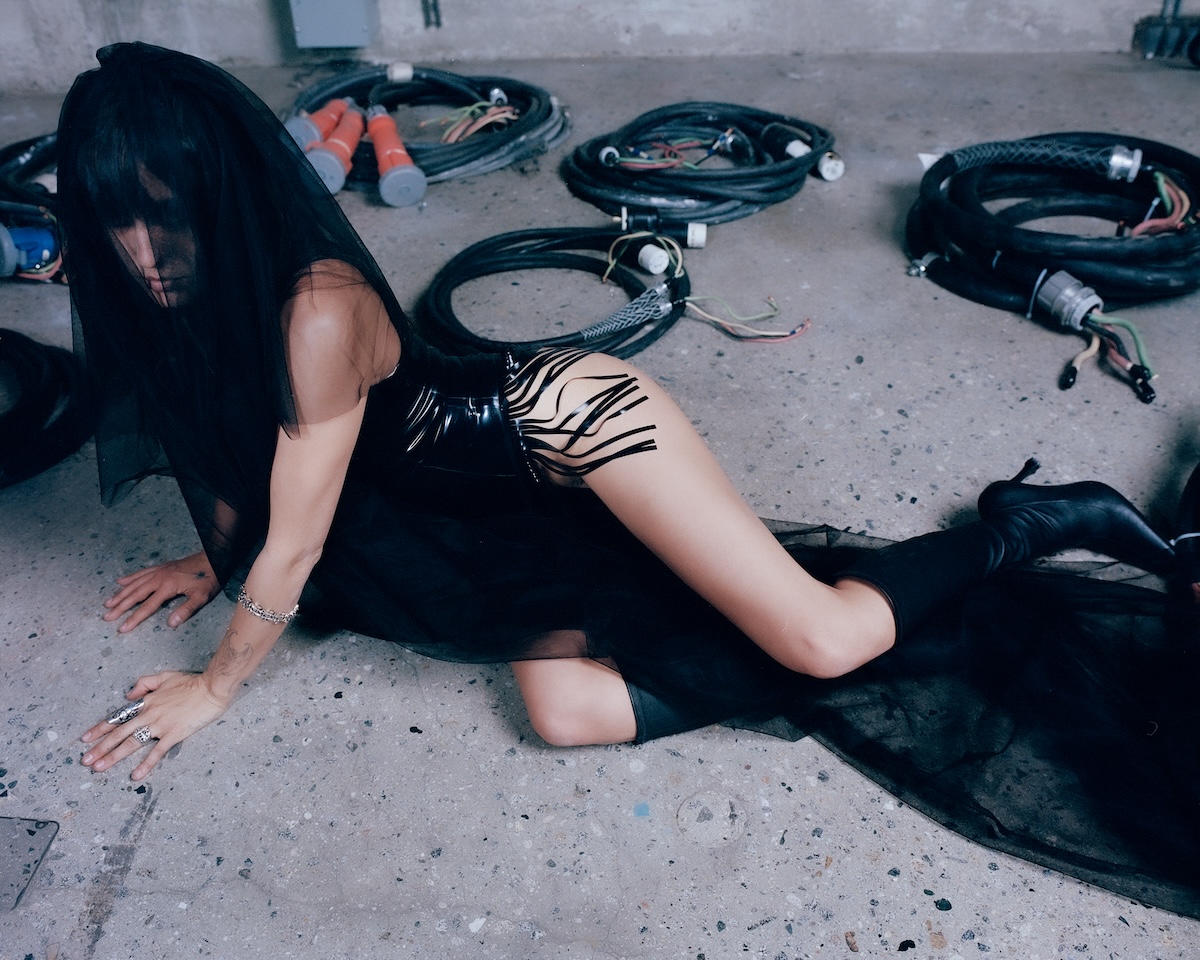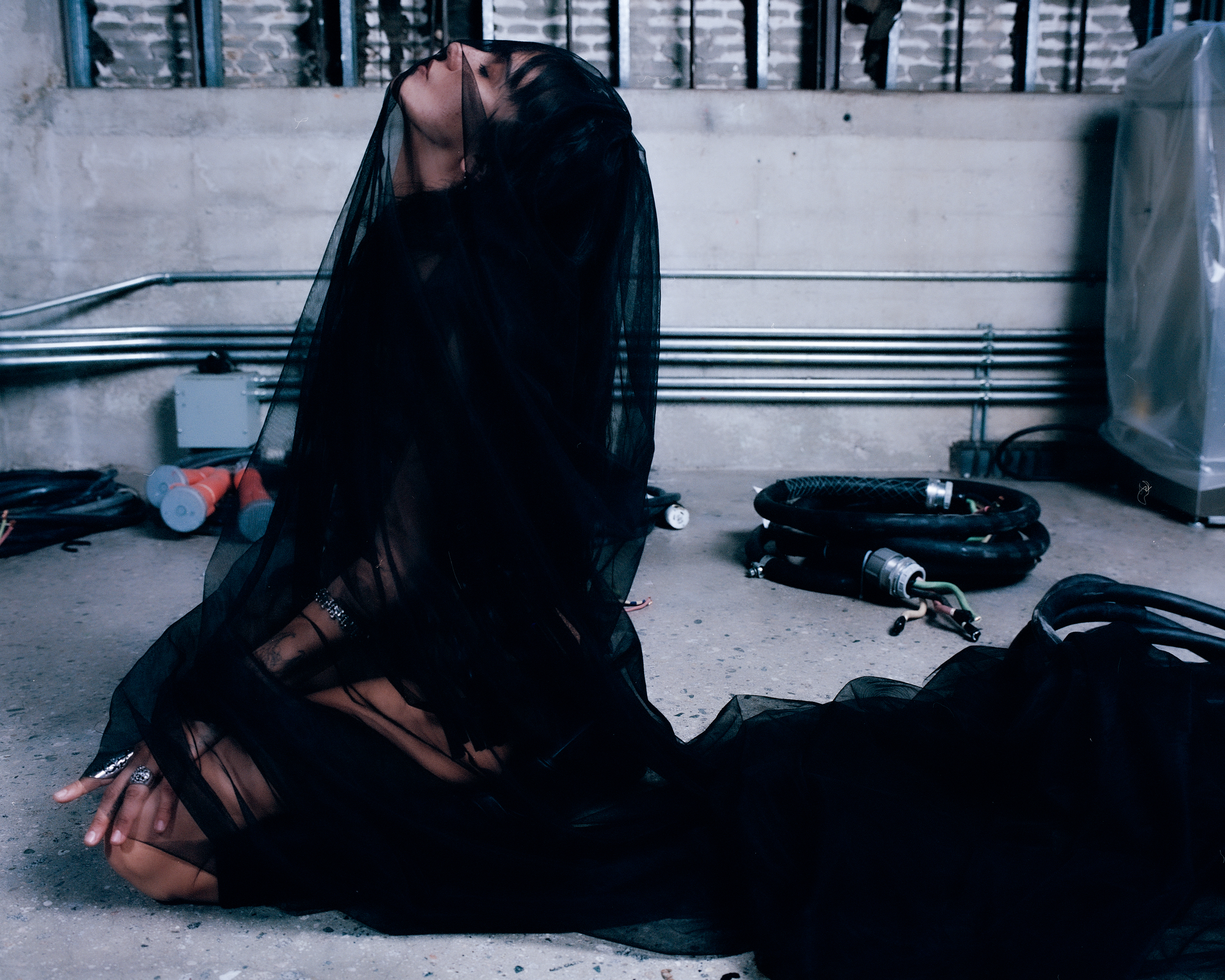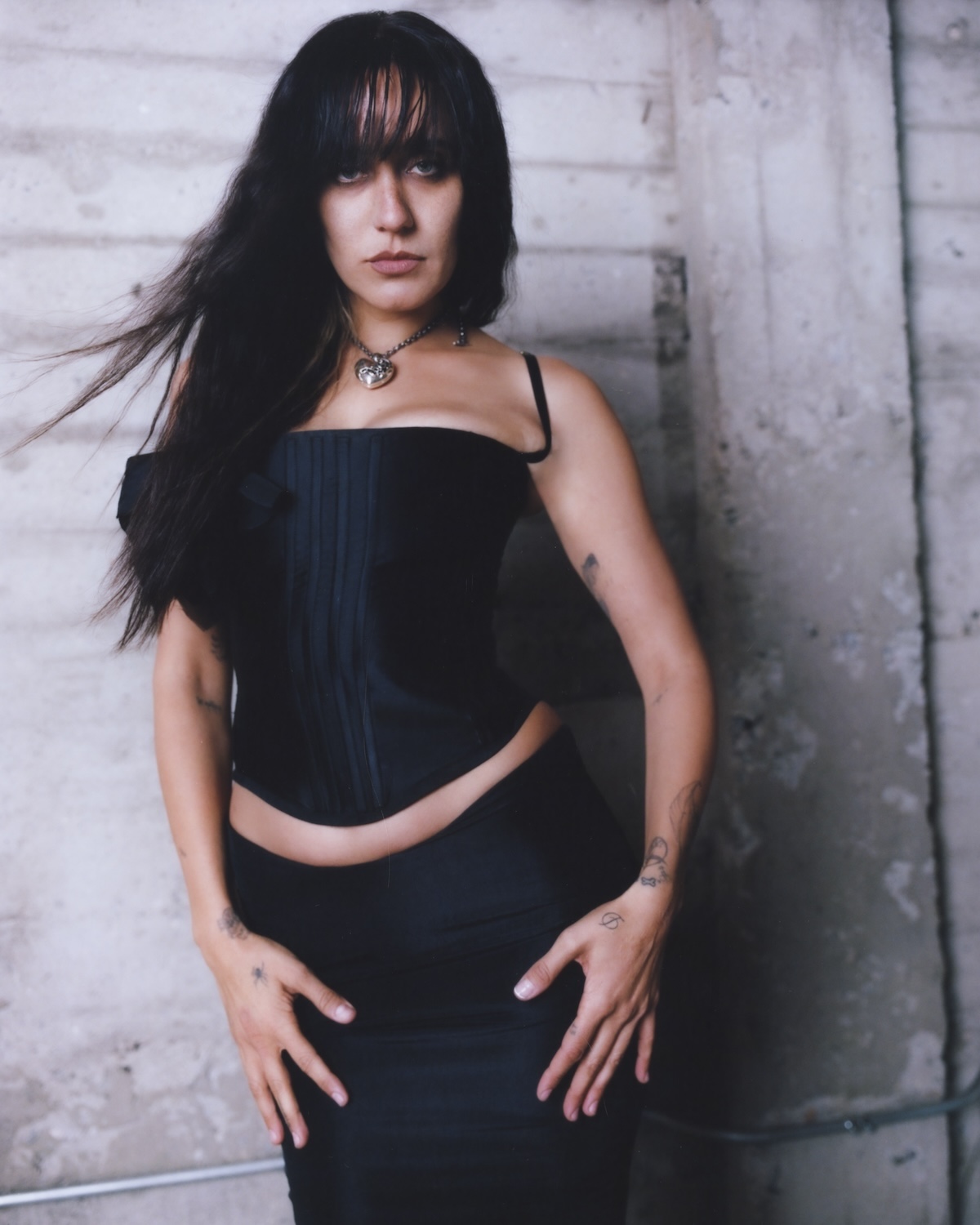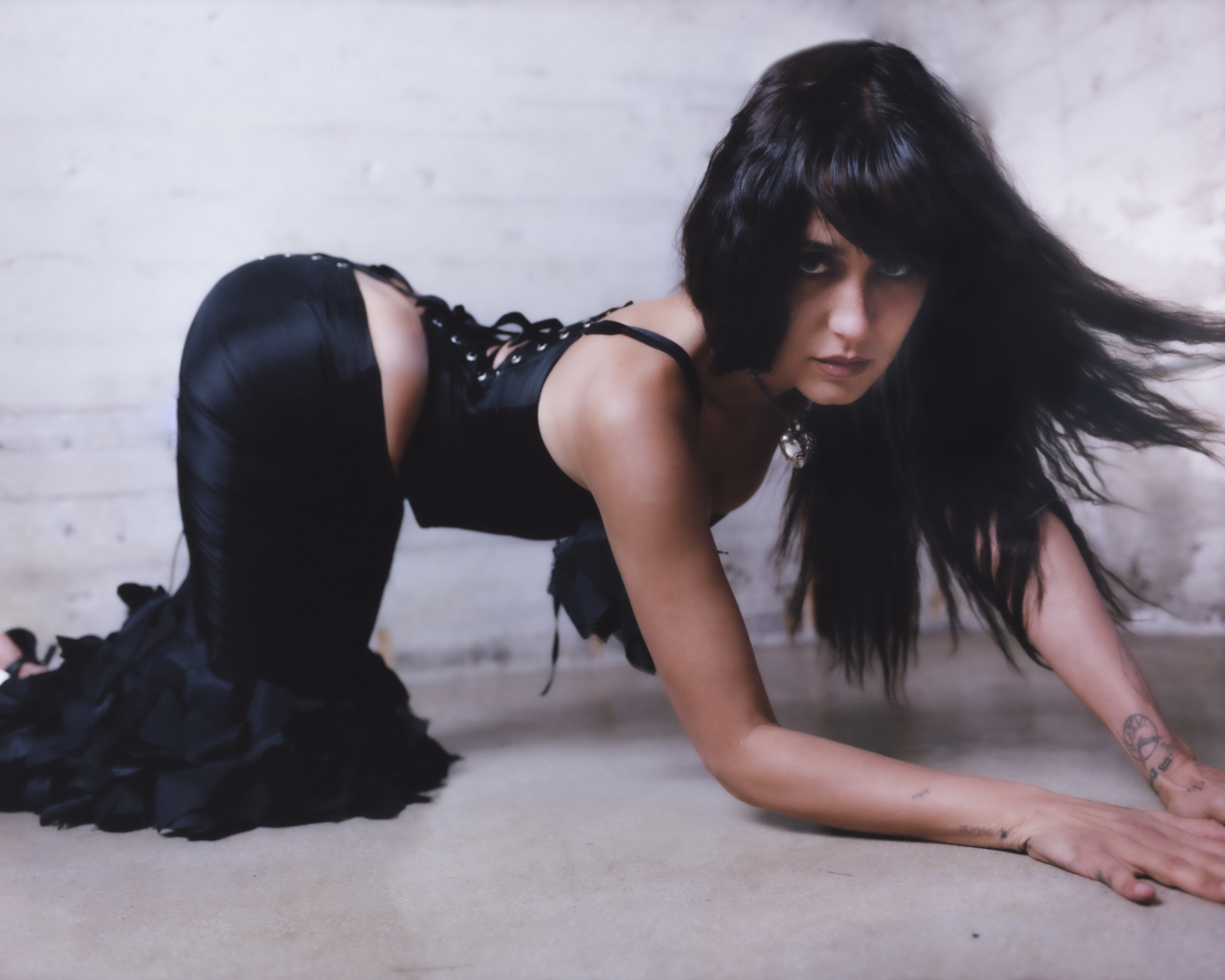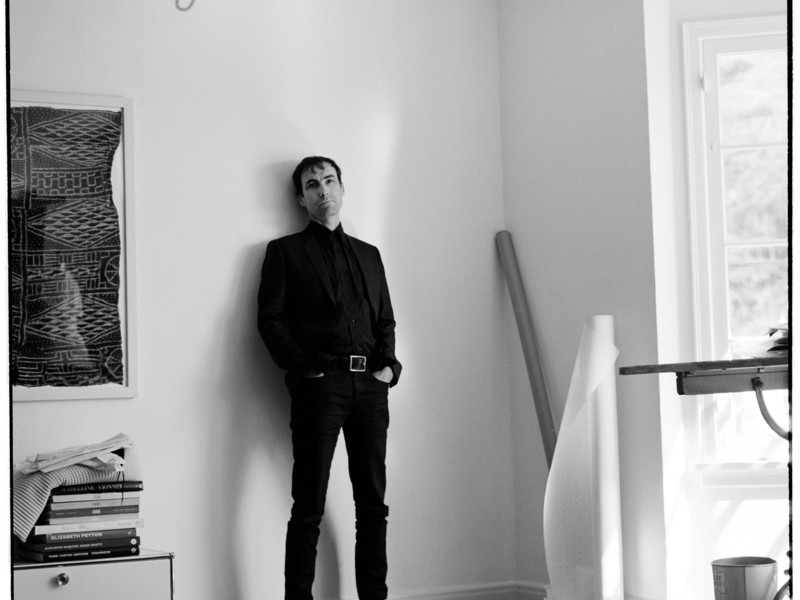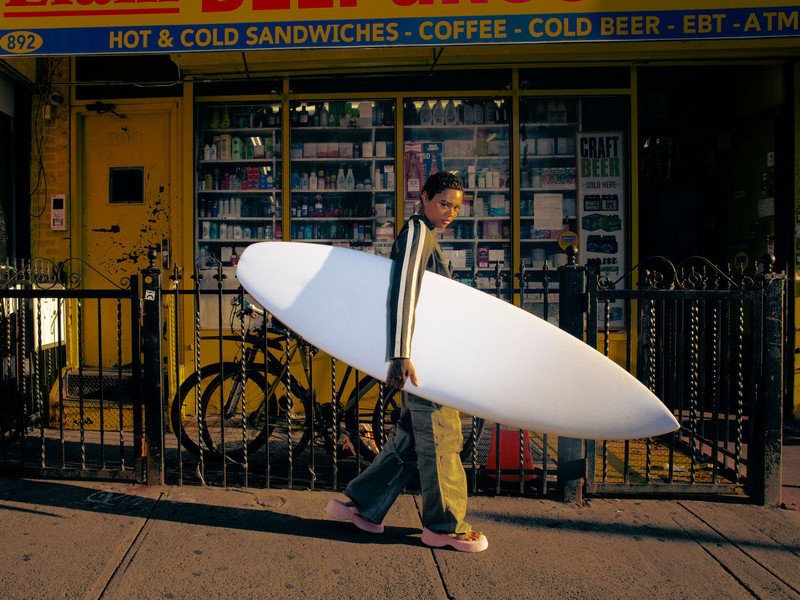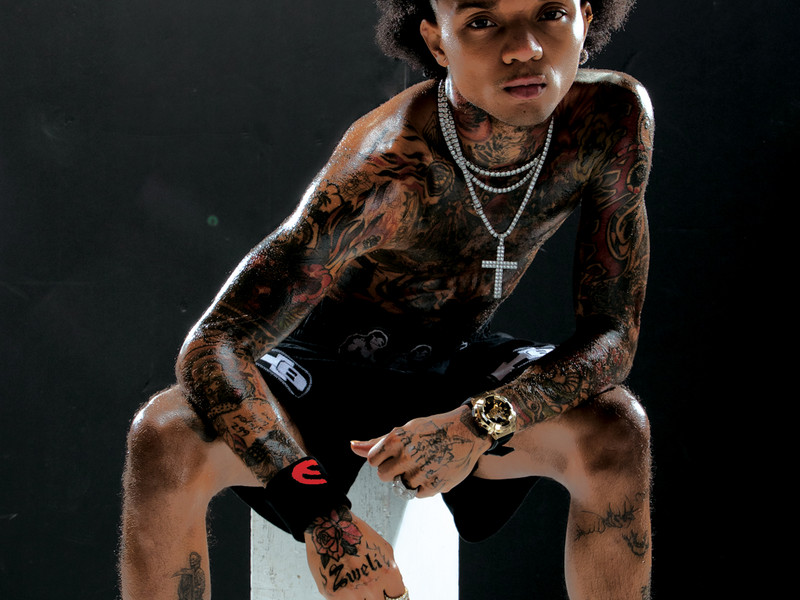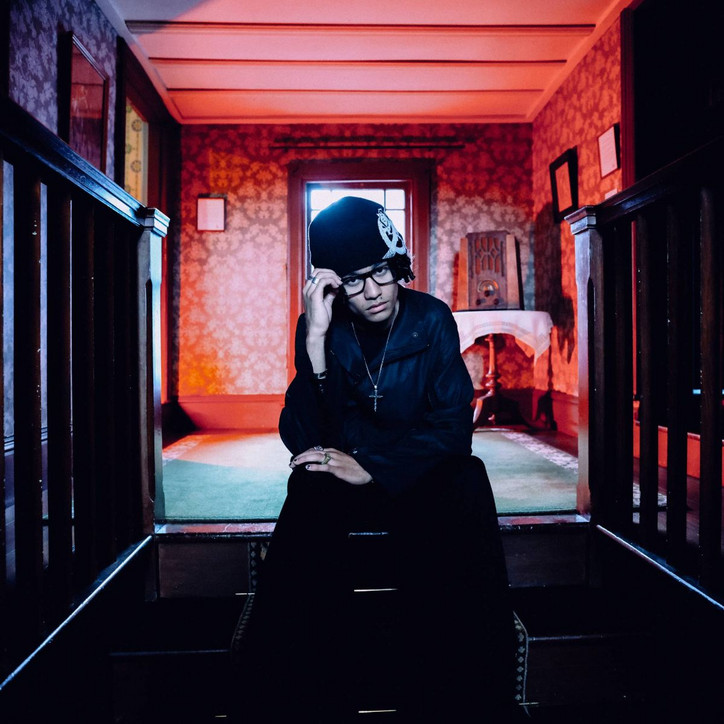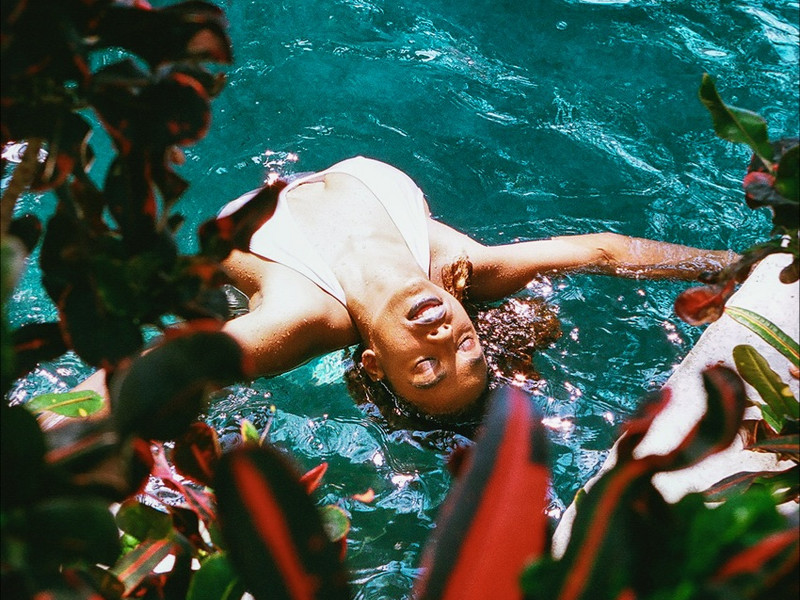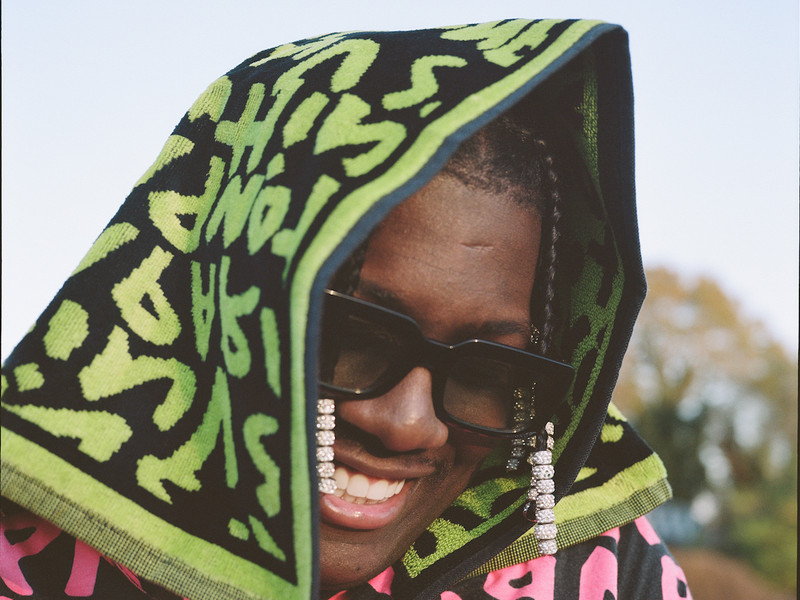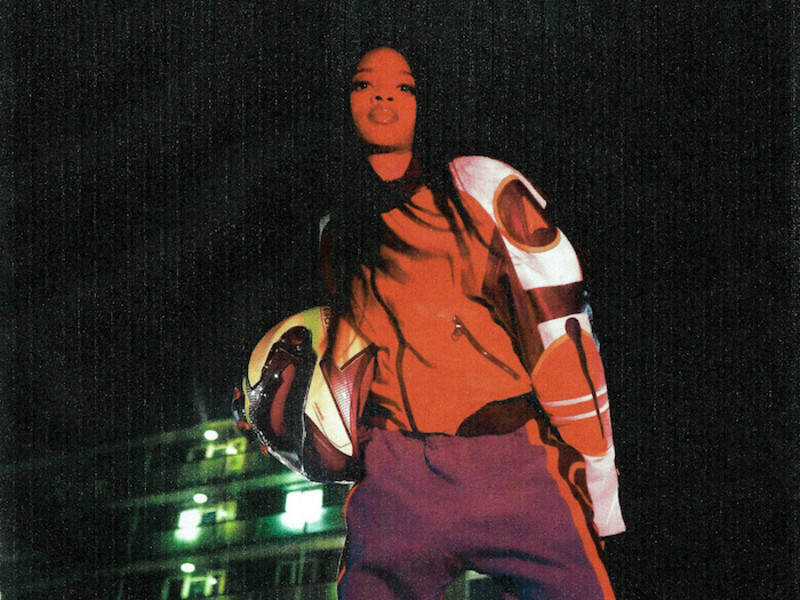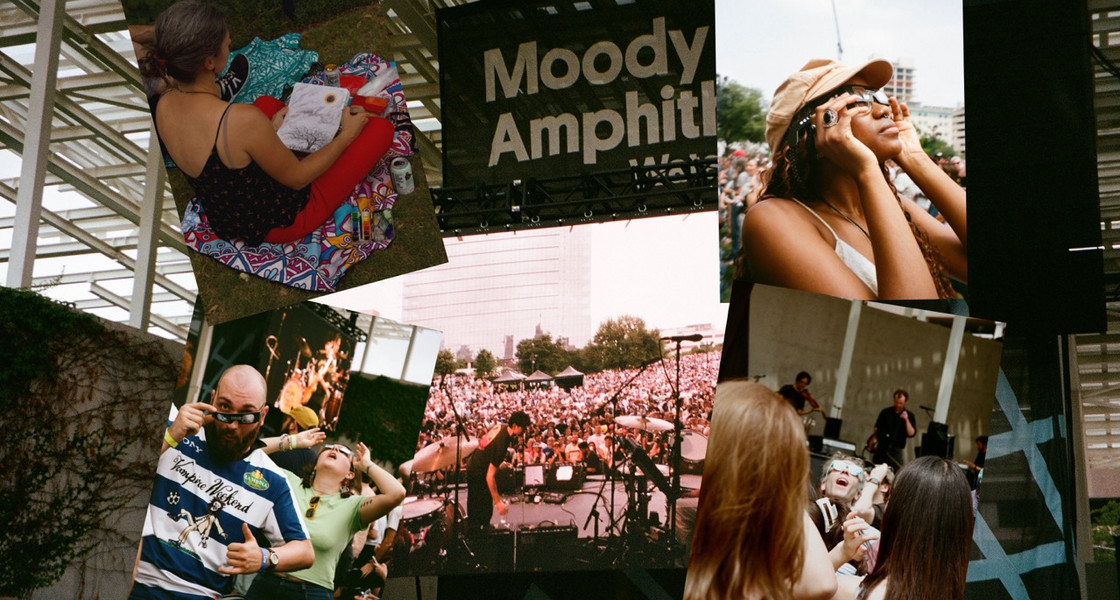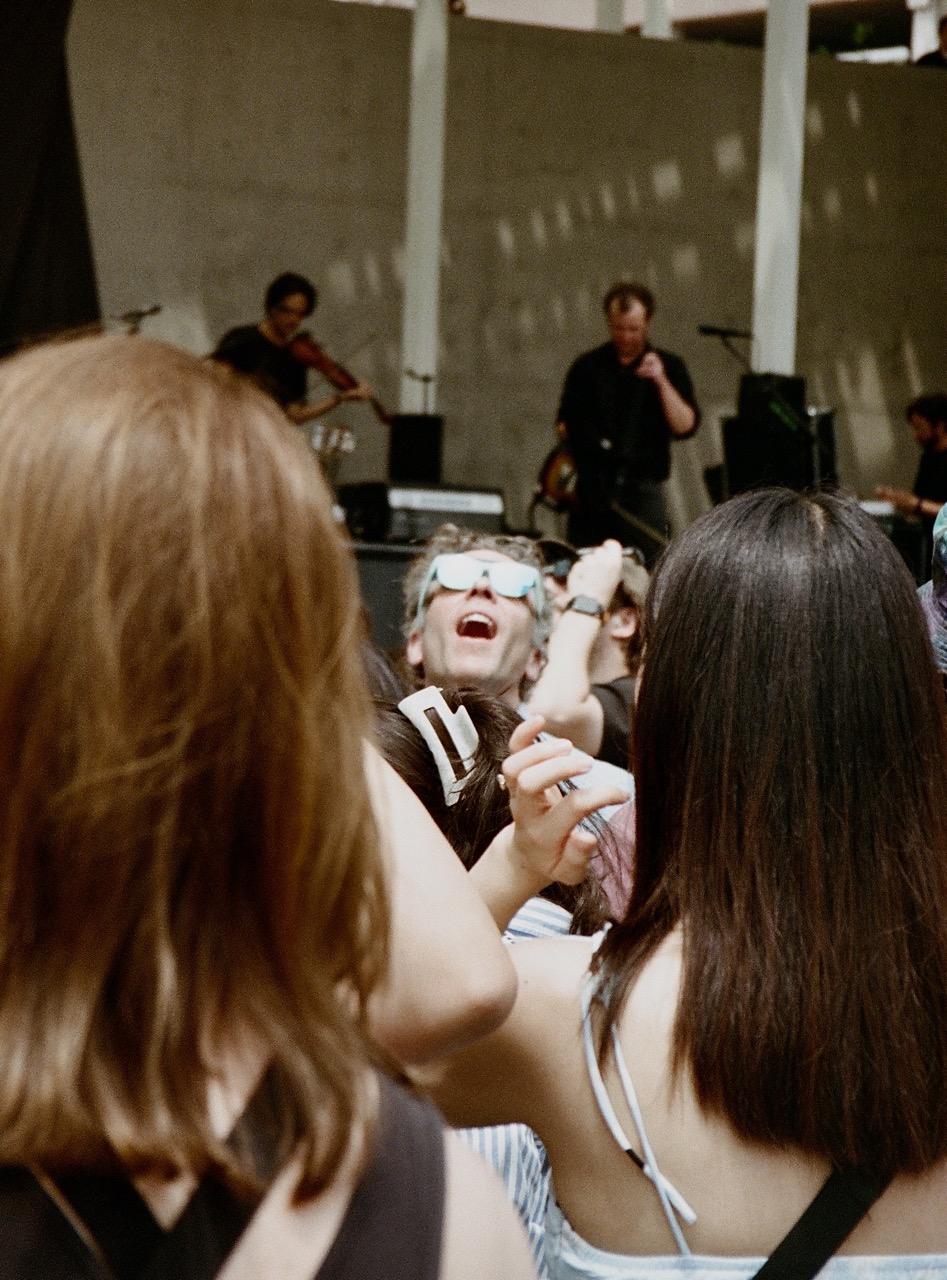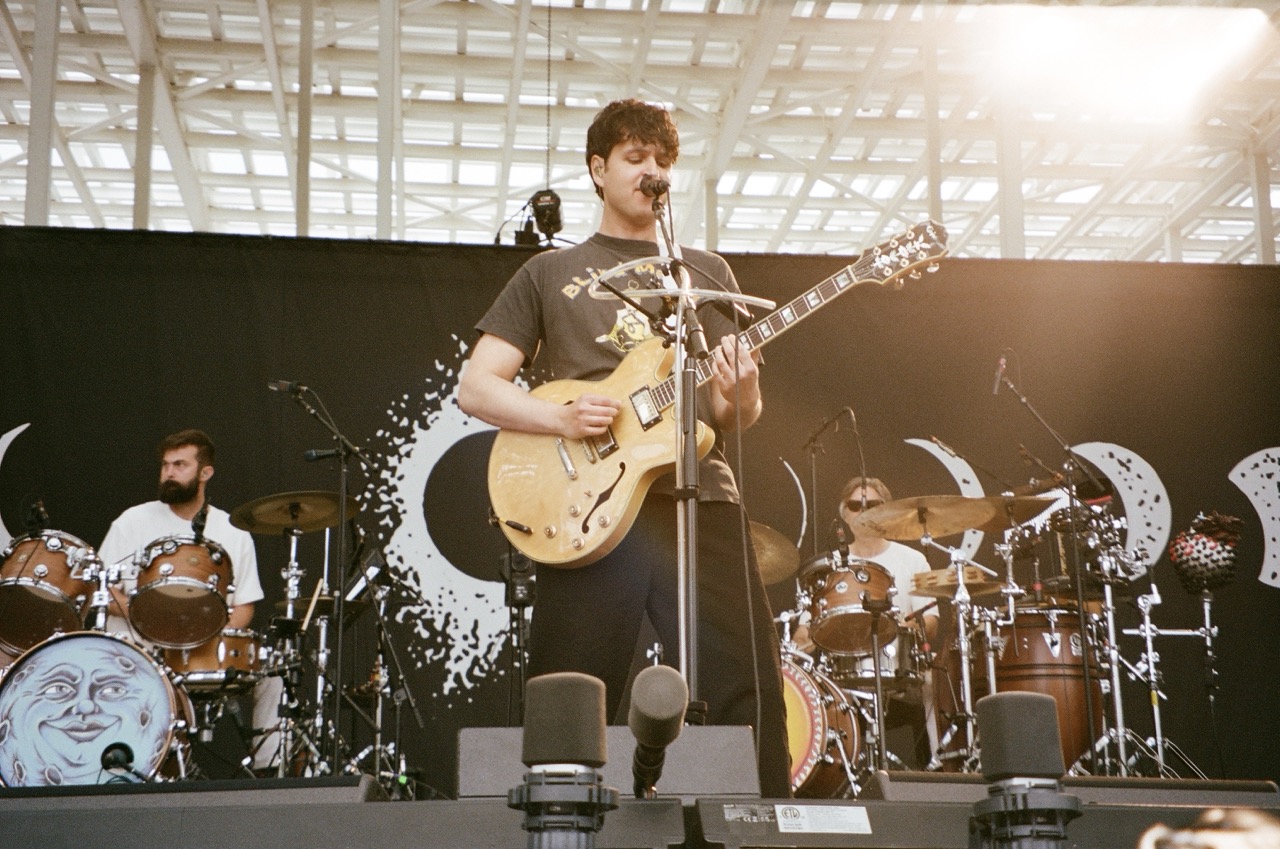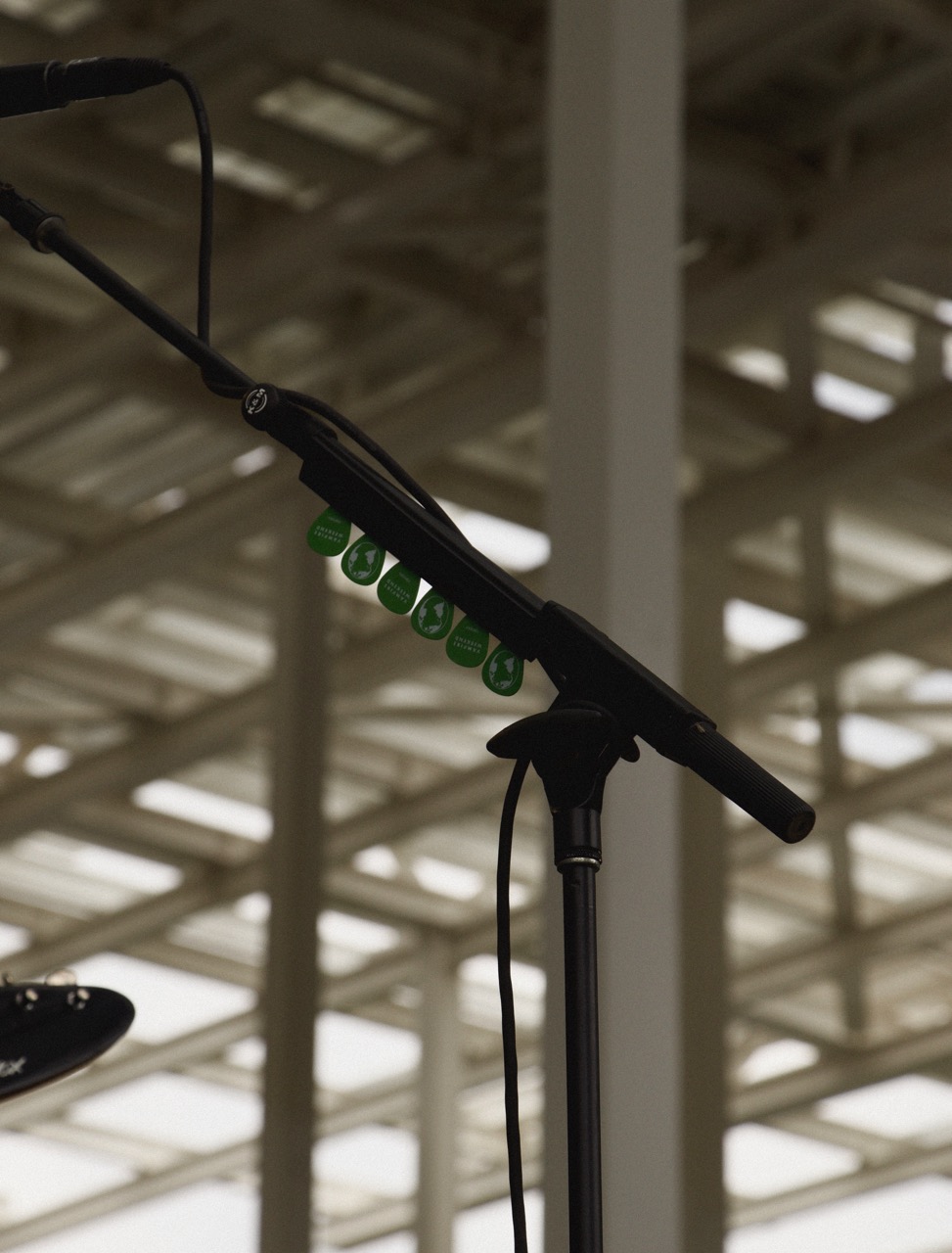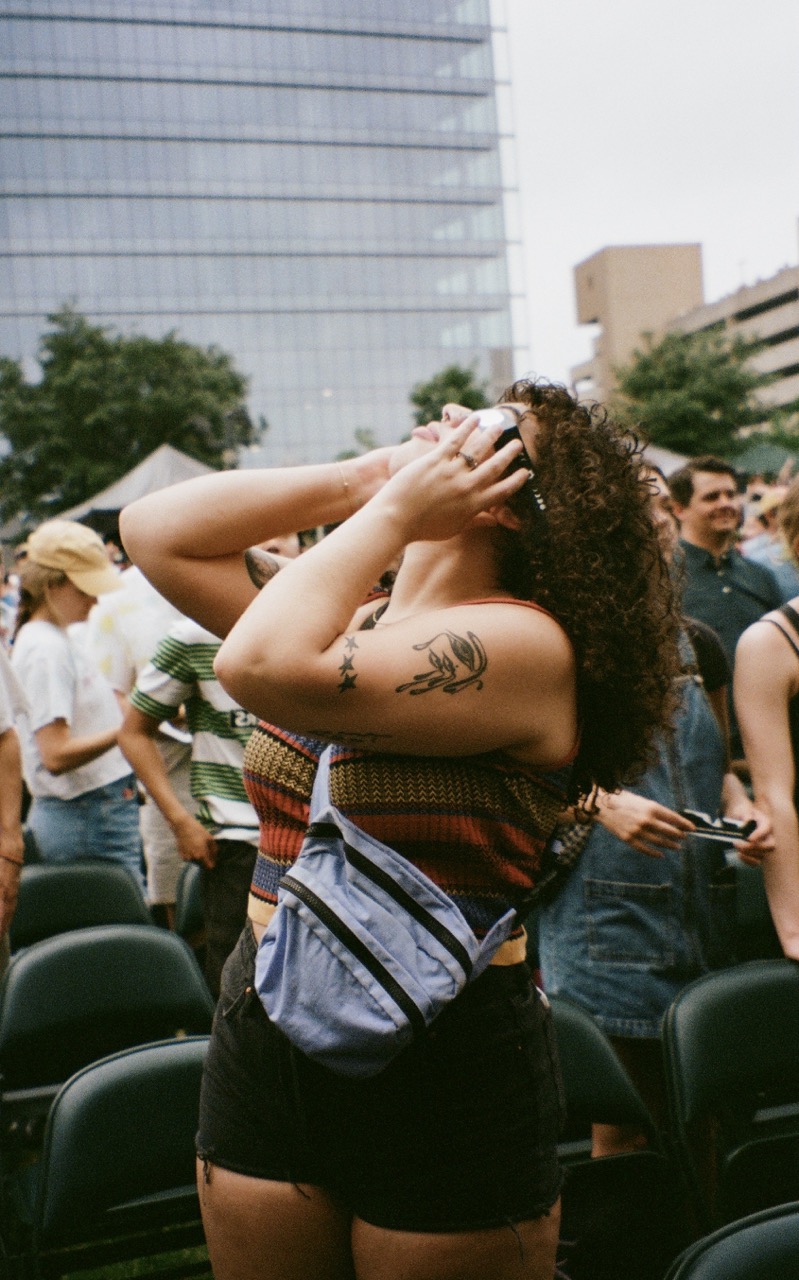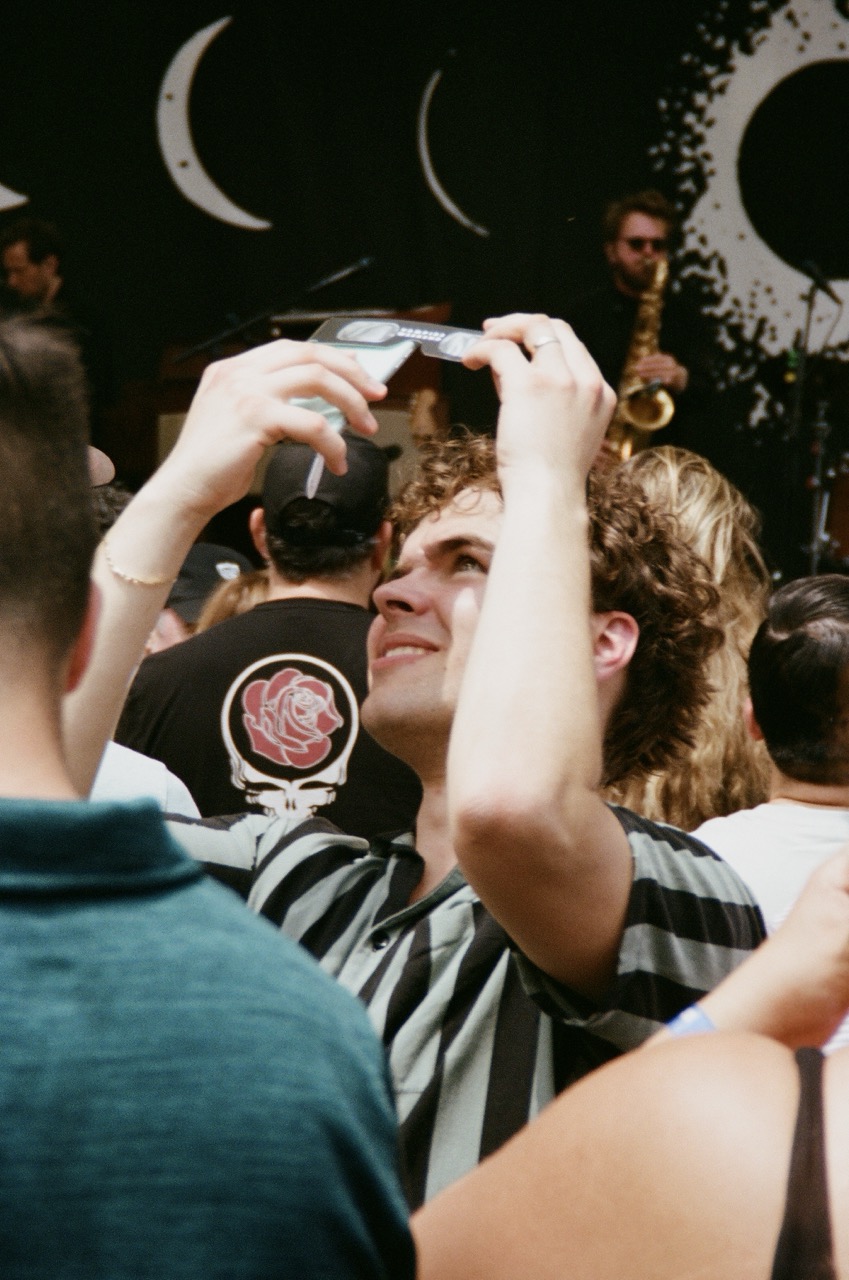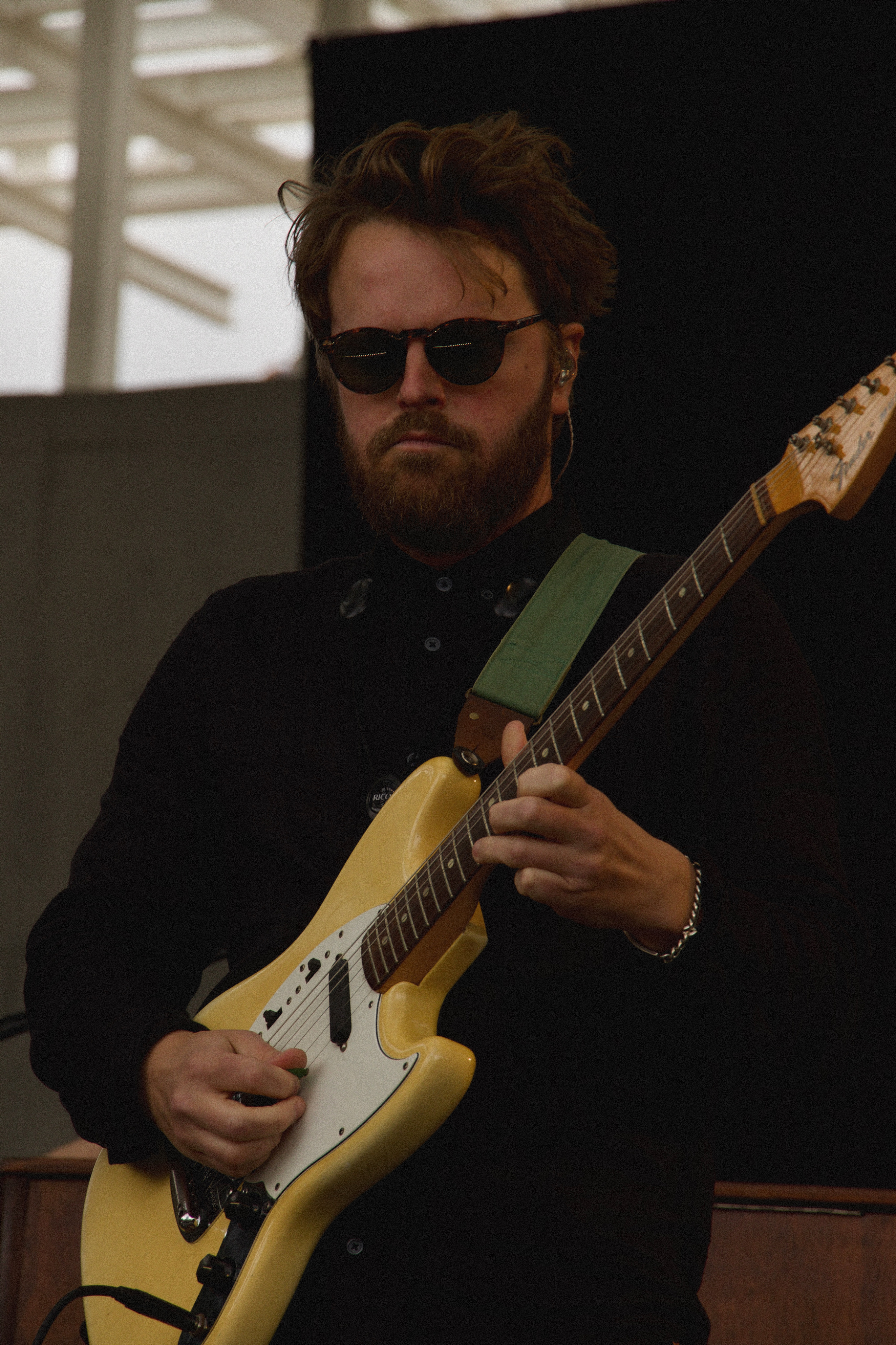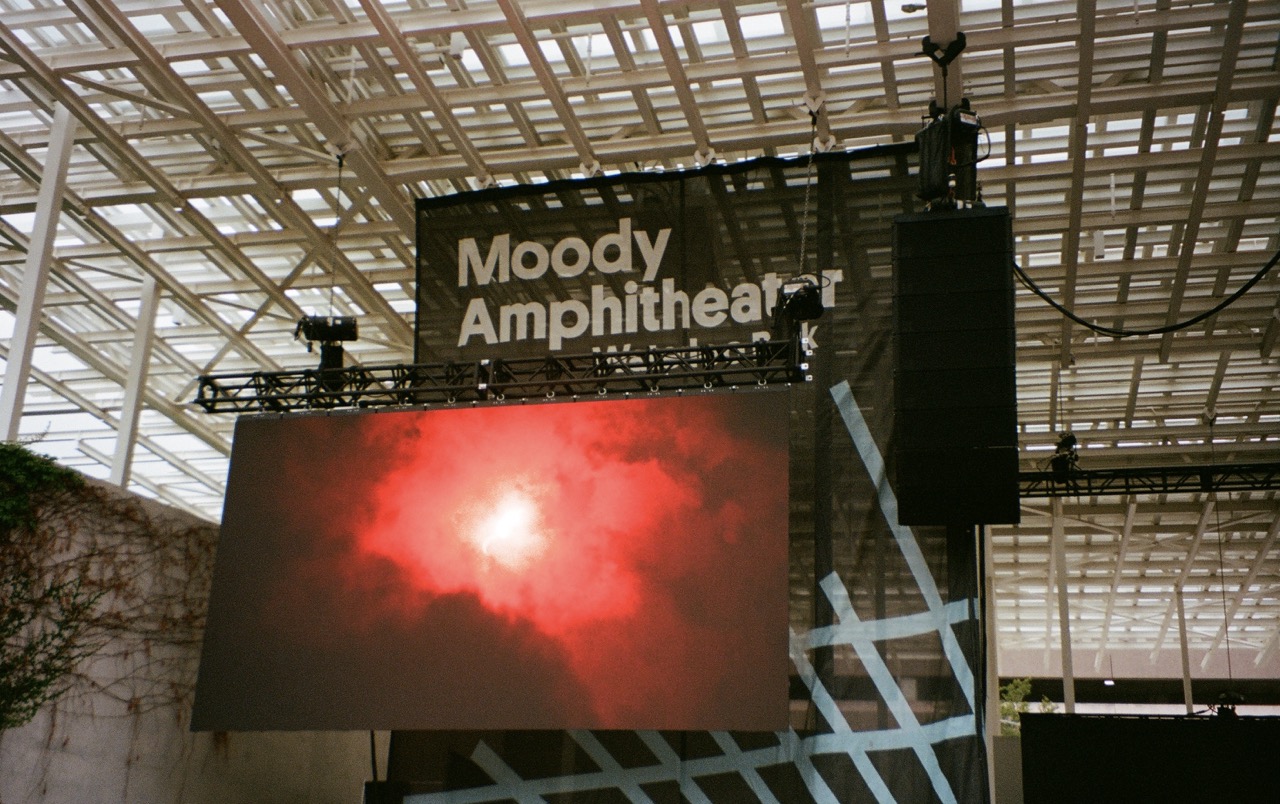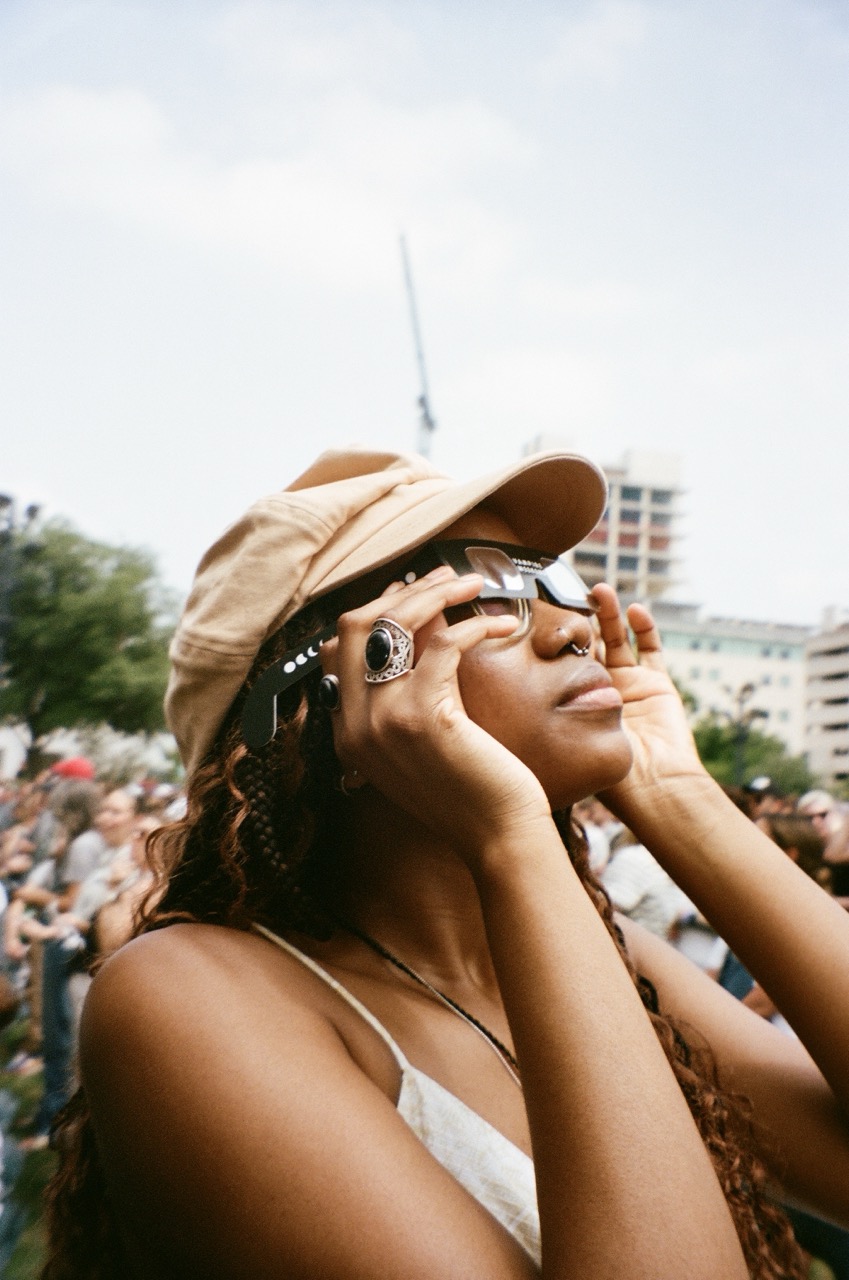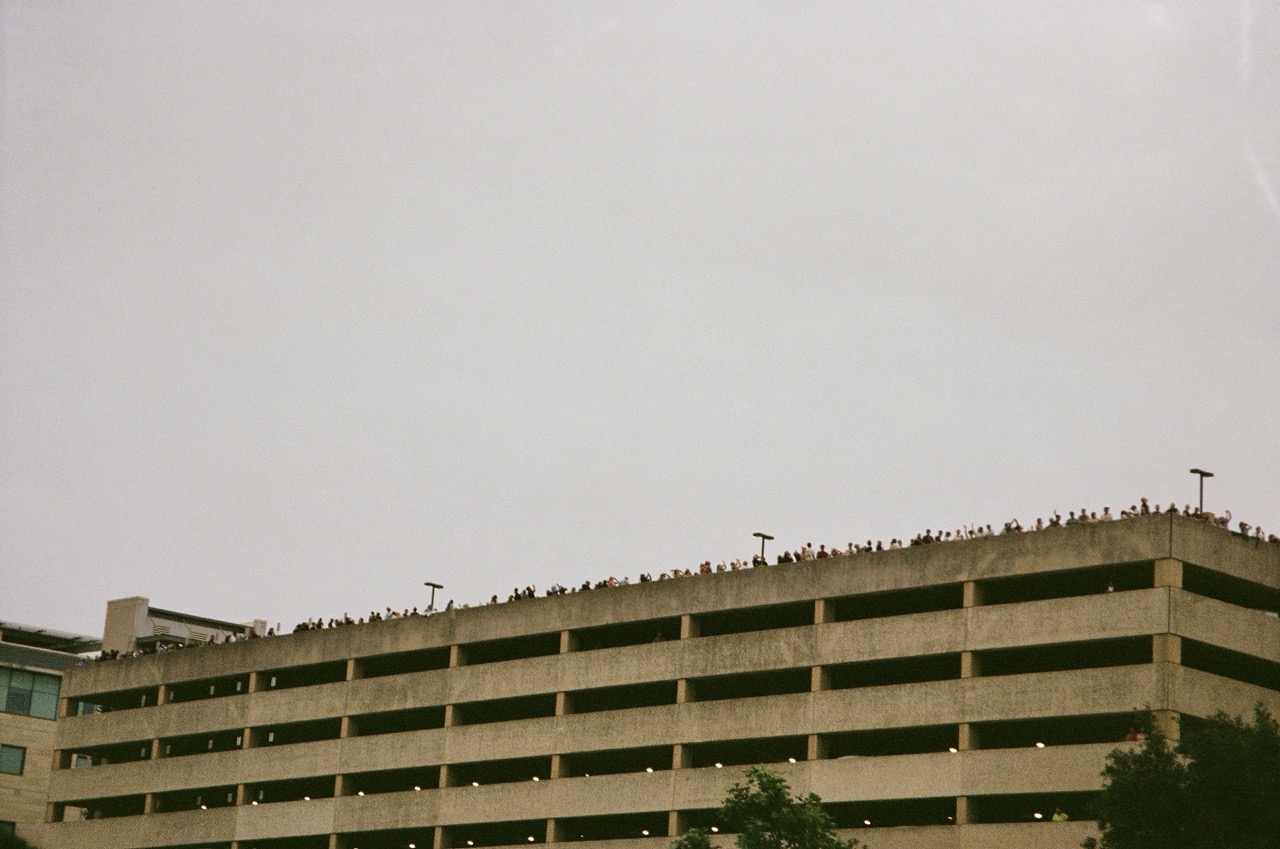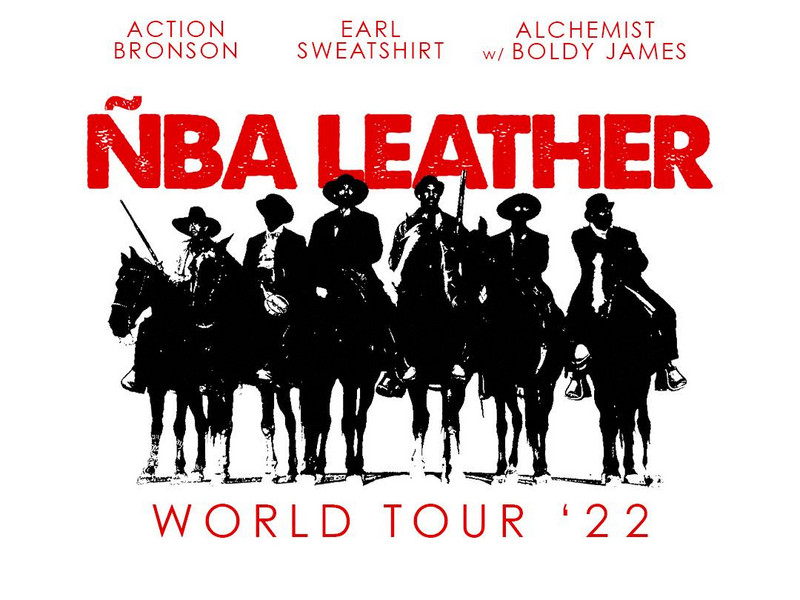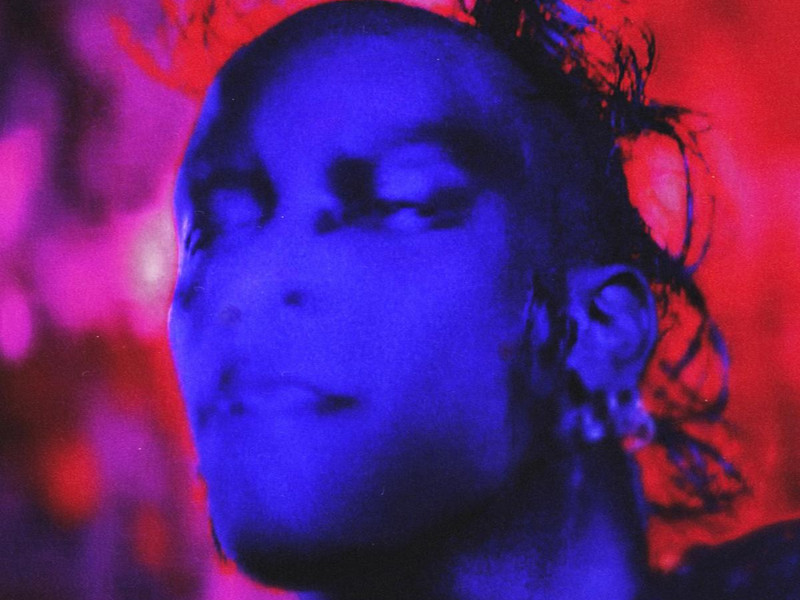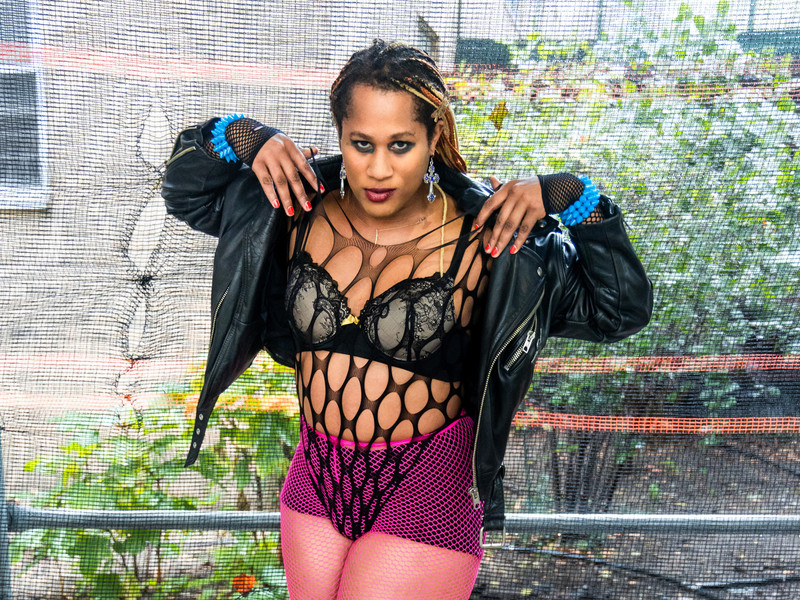Searching for Soul With Samir
When did music become a thing for you?
Music was always a way to feel connected to Lebanon. I was born in Tripoli, in Lebanon, and moved to London when I was six years old. I remember my mum playing Fairuz in the morning, and Umm Kulthum at night. When we’d go for drives in the car together, we’d listen to Wael Kfoury, Najwa Karam, Elissa, Nawal Al Zoghbi…
I was obsessed with Star Academy, this 24-hour Lebanese TV channel kind of like the X Factor, where you’d see singers doing vocal exercises, note reading, music theory. I actually auditioned a couple of times to go on the show when I was younger.
I was also really into performing arts and musical theater like the Rahbani musicals. I would secretly go to ballet at Urdang, a performing arts college near Farringdon, until my dad caught me with my ballet clothes one time and stopped my pocket money. So I never really had the opportunity to explore that side of myself when I was younger.
Would UK sounds play into that, at all?
I didn’t actually know who the Beatles were when I started Music at school. Or Amy Winehouse, Madonna, Destiny’s Child… none of that! I got heavily bullied for it. People weren’t curious about the music I liked, and there wasn’t much room for songs outside of the curriculum anyway.
Okay, wow. I didn’t realize that!
Yeah! This is something that has stayed with me throughout the years. It’s been a constant chase for a community that’s connected by Arabic music.
Did trips to Lebanon ever bring a sense of reconciliation, then?
Sort of. I’d take vocal training classes there over the summers, but I felt limited to a specific style. It was very gendered: the repertoire for men was songs by Zaki Nassif, Nasri Shamseddine and Wadih El Safi. I just wanted to sing Carole Samaha! I was much more drawn to the female sound, the softness and gentleness.
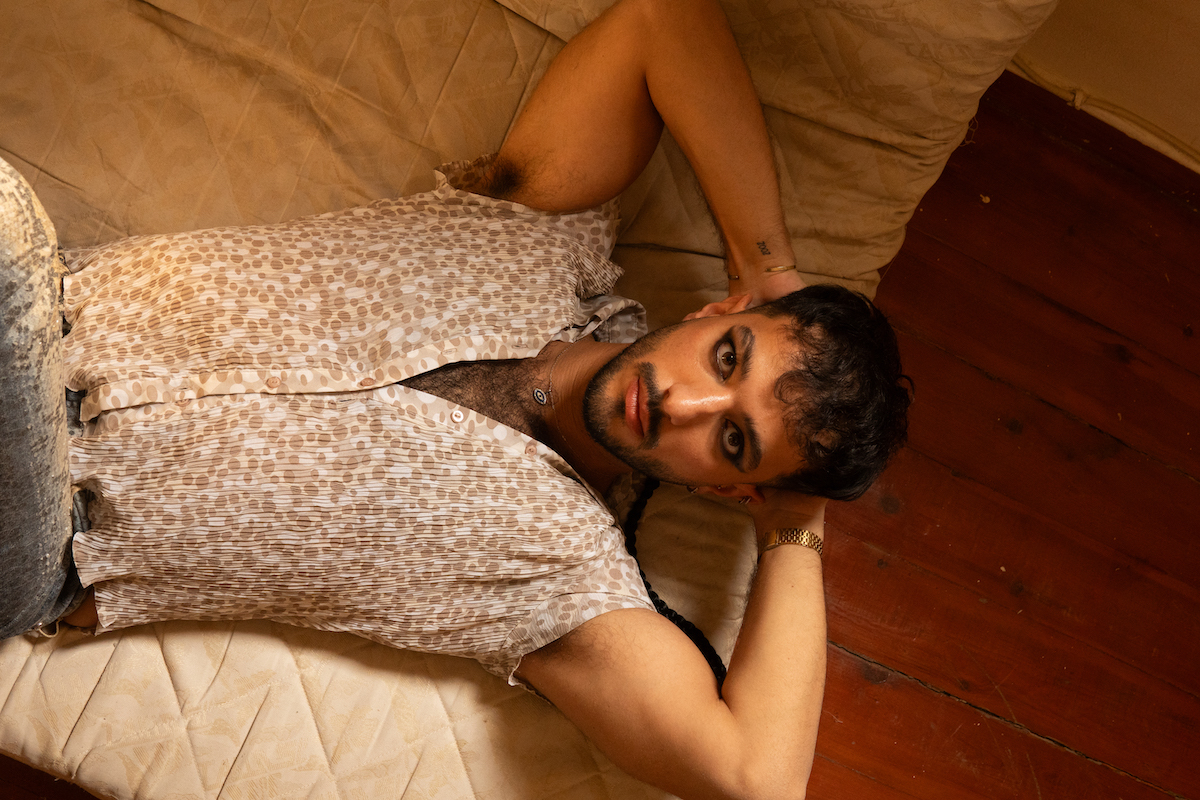
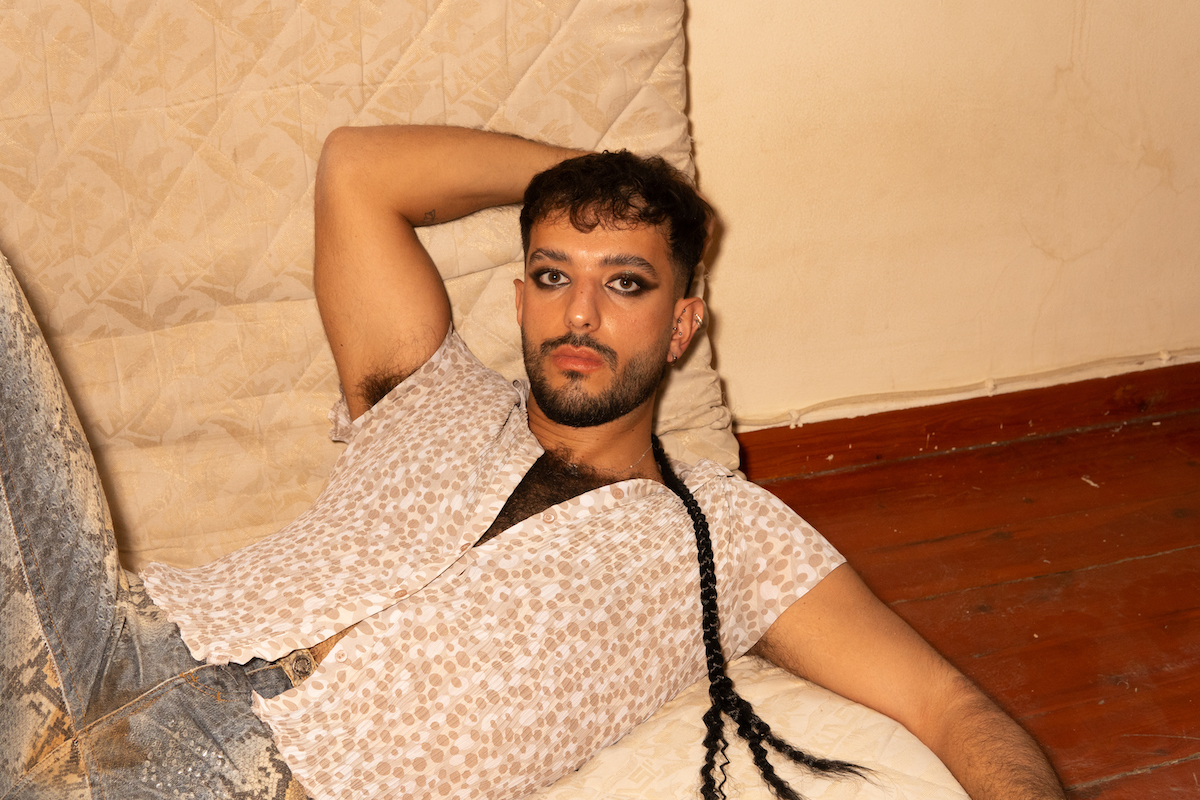
What’s been your approach to learning and growing as a music artist?
I think on the one hand, I’ve often tied my musical talent and ability to qualifications, so I was always chasing this idea of being formally trained in Arabic music, as many traditional artists do. I do really enjoy focusing on traditional Arabic singing, for the way it highlights the maqams,* and for how long and sophisticated the finished piece turns out. So after I graduated from university, I moved to Lebanon for a longer period of time to start vocal training. I took courses at USEK, the Holy Spirit of Kaslik with Ghada Shbeir, who specializes in Arabic, Syriac, Arameic music and muwashhahat(a poetic form that uses complex rhythms originating from Al Andalus).
But at the same time, I didn’t want to be tied to a certain curriculum that focused exclusively on tarab.** I wanted to learn about pop singers too! I listen to Assala, Sherine… I mean, Haifa Wehbe, one of the most iconic pop singers, got a lot of media backlash at first because she wasn’t technically trained in tarab like most musicians at the time. But that welcomed this era of Arab pop stars like Marwa, Myriam Fares, Nancy Ajram, Nicole Saba, where it became just as much about their image as their musicianship.
*A 24-tone melodic mode system, consisting of microtones, built on a scale of 7 notes.
** Loosely meaning ‘enchantment,’ tarab is a traditional artform that unfolds as a long, stirring musical performance that coaxes the audience into a state of rapture.
So it’s about honoring the old and new, for you?
Yeah, and this is something I’m exploring currently in my own music, embedding maqams into my sound as a way to preserve the culture. There’s an absence of sophisticated maqams in Arabic pop music today. I want to be able to take classical Arabic music but make it my own, as someone who grew up in London, and bridge the identities.
When was the moment you started to view yourself as a music artist, or take your singing seriously?
A few years ago, I went to a Pride of Arabia party in London and it was the first time I felt that being Arab and queer could coexist. What I loved about the community was how we were able to speak in Arabic to each other. Language is so important to me. That — as well as Pxssy Palace — was a space that made it seem more possible that there was an audience for my sound.
There was this one performance I eventually did at a Pride of Arabia show — I wanted to embrace and highlight my femininity with an outfit referencing Haifa Wehbe. I’m so inspired by her as a performer and in terms of what she stood for: freedom. She’s one of those fierce women that stood the test of time despite getting shit in the media. Absolute icon.
At the show, I opened with "Ya Tayeb" by Angham, which I used to sing to my mum when I was younger, then I followed with a muwashah —partly because that’s what I’d gone to Lebanon to learn, but partly as a way of preserving the artform. I also sang an original song that I had written, an acapella. I remember feeling so loved and so supported as an artist; people were surprised, singing along, hugging me. That’s what encouraged me to move to Egypt.
I feel like we’ve both come so far since meeting in Cairo. What were you thinking or hoping that the city would bring, when you first made the move?
I remember I’d gathered a list of people to reach out to before arriving but had no idea what I was doing at the time. I just knew that I had some songs, I wanted to meet producers — three months and then I’m out. That three months turned into two years.
How do you feel that being in Egypt has shaped your sound?
So many ways! I’ve been lucky enough to take Oud classes with Hazem Shaheen, one of the most prominent independent artists in the Arab world, and I’ve attended Sufi zar performances…. I’ve also been practicing Tagweed and Talawat (learning the maqam through Sheikhs reading the Quran). I always wanted to take this and embed it into my own music.
I’d also say being here has guided my interest in music for healing. I took up classes with Mohammed Antar, an Egyptian ney (flute) player and specialist in the maqam tuning system, where we went through each of the different maqams. The approach was also from a spiritual healing perspective: what sensation or emotion does each maqam evoke? That resonated with me. I always talk of music being very emotional, deep, raw. A lot of the songs I’ve written are about heartbreak and abandonment.
Is that where the interest in maqams stems from?
Yeah. I always say that I want my music and performances to offer an opportunity for people not to be ashamed of feeling sad, or vulnerable, or angry, and to sit with those emotions instead. To offer an optimism within music and find strength in that. I feel like in today’s world we need more of the things that ground us.
So I was drawn to the maqams because I wanted to explore how certain sounds could evoke certain emotions. I’ve been researching Arabic, Turkish and Persian maqam systems, and I’ve noticed the western twelve temperaments scale is so limited in comparison.
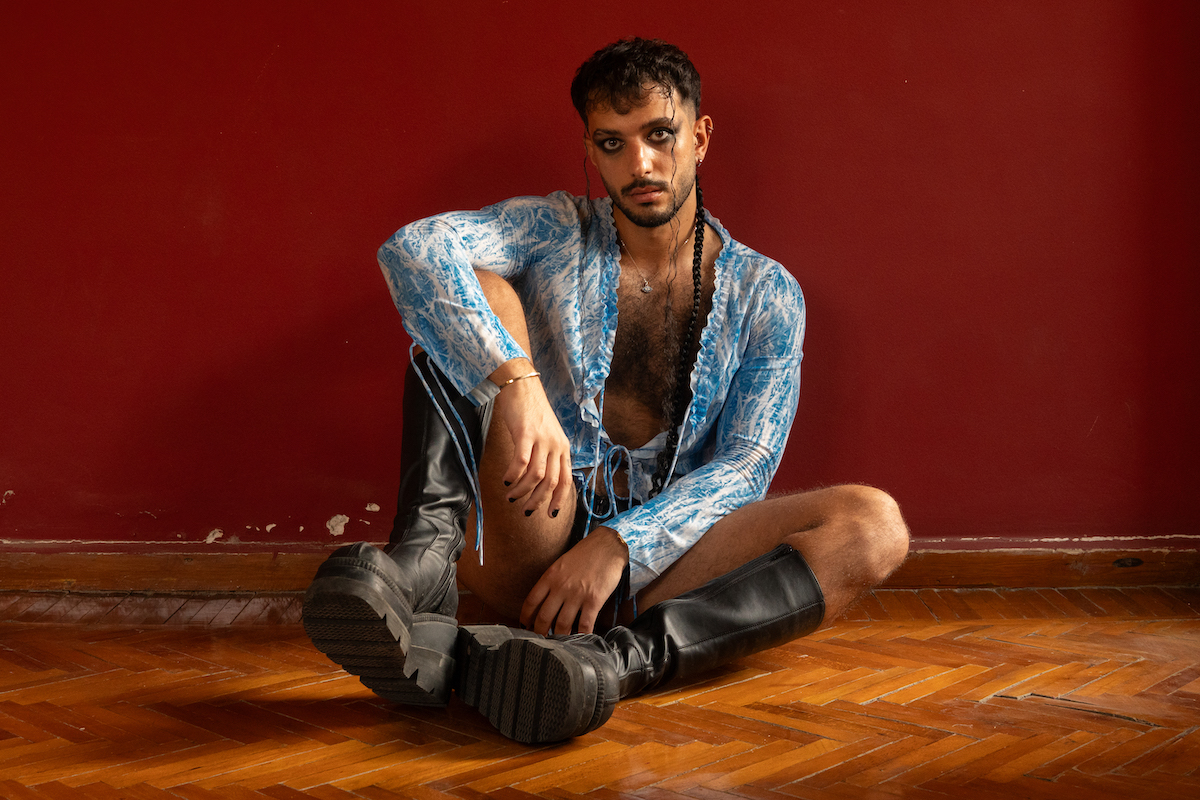
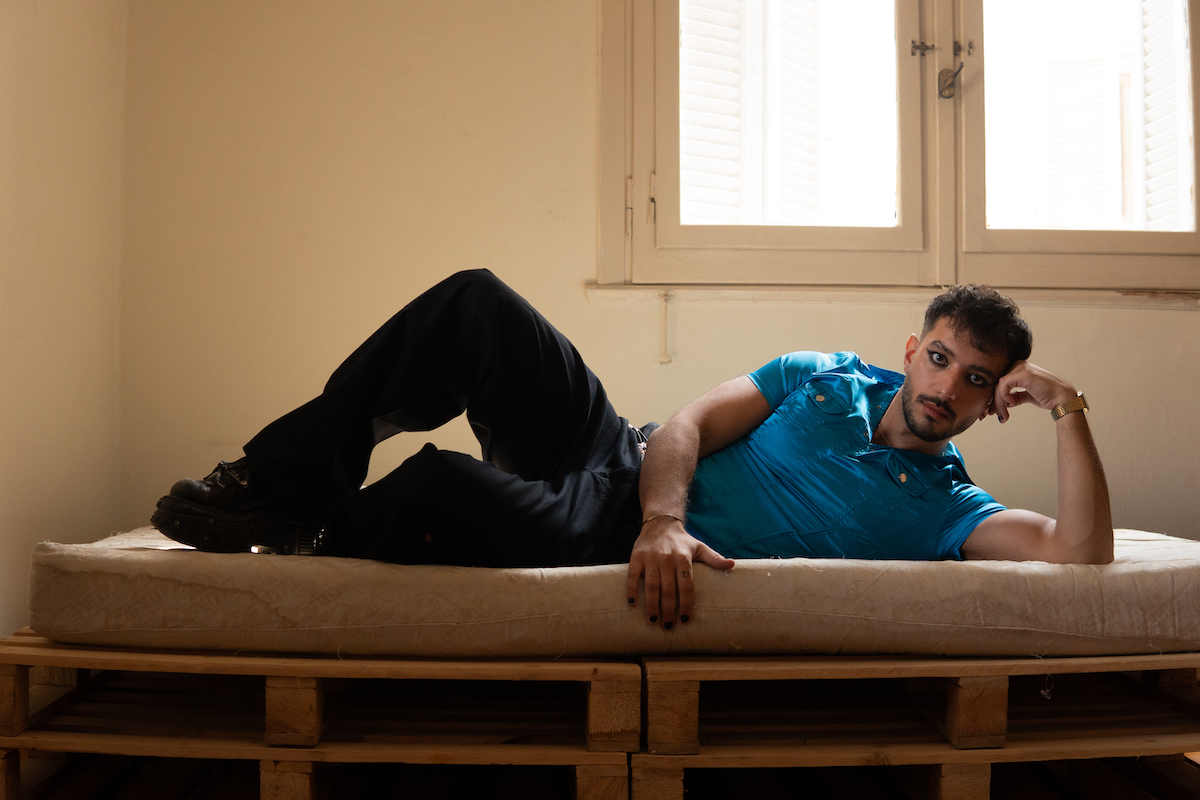
At the traditional music events, classes, and sessions you’ve attended in Cairo, the spaces also tend to be quite socially traditional and conservative, right?
Definitely.
What’s that been like?
What was challenging about meeting people in those spaces was that I always didn’t feel 100% comfortable or safe, but those were the spaces I needed to be in to get the musical insights I was looking for. I had to do a lot of compromising.
What’s been the biggest challenge?
I’d say financing everything has been a big limitation, as someone from a working class background. Finding funding bodies that offer support, getting into the studio…Y’all out there if you’re reading this, Venmo me!
Period! Send the dollar this way. But yeah, that can be the biggest barrier to getting things off the ground. Other than that, do you feel that Cairo lends itself well to music-making?
Yes for a lot of the experiences I mentioned above, but there are still gaps that create a struggle for artists. Spaces to perform and jam in the city are limited. It’s been hard to find other musicians to collaborate with and just make music! I love watching other musicians in action and witnessing the process of making music.
Finding the right producer to work with was also a struggle.
How come?
Most of them wanted to create this fusion of Arabic music embedded into western composition, but I wanted to highlight the maqam systems in my music and sing in Arabic. Producers I sent demos to were like, “This is great, we love your voice, we could take it in an electronic, upbeat direction….” And I’d be like, “No, I want people to cry! I want people to focus on the oud, qanun, the ney.” I didn’t want a quick, 2 minute song. That’s not what I wanted to do.
What made Ahmed Diaa [the producer of your debut single] the right fit?
With a lot of the other producers, I’d been struggling to find someone I felt comfortable and safe with, you know, where I wouldn’t need to minimize myself and could have creative control. With Ahmed, the first time we met up, we sat for a bit and chilled, and I met his fiancé, which was a nice ice breaker. It just felt really comfortable. He was very validating and positive.
Ahmed also has a sophisticated language around Arabic music and repertoire and understood the style I was going for. A lot of the producers I’d come across didn’t have the skill-set of highlighting maqams and transitions within Arabic pop music. I brought him a few tracks I’d prepared, then we narrowed it down to this track Aqd El Hob. Recording-wise, it was really smooth: he started putting chords on it, and I felt okay to tell him what I liked and didn’t like. He’s definitely someone I’d want to work with again.
Tell me more about Aqd El Hob.
I wrote Aqd El Hob (“Contract of love”) a few years ago in London. It’s about someone I was with, and things didn’t end in the best way… The song is about not being afraid of telling someone that you love them even if that feeling is or isn’t reciprocated. Being honest and vulnerable despite the outcome.
Instrumentally, I try to follow the takht. In Arabic music, the four main instruments that you perform with are the ney (flute), the qanun, the kamanja (violin), and the riq (like a tambourine) and the darabukkah (percussion). I wanted more strings than percussion on this track.
I feel like it’s a good introduction: it sets the scene for the themes I’ll be talking about in my EP, and it’s raw and concise. I wanted to write in a literal and simple way, directly from my experience without it being super cringe.
Excited for it to be released. You’ve got such a beautiful voice.
Thank you! Yeah, I’m excited to release it and see how it’ll be received, see it build an audience receptive to this sound. Also hoping it resonates with other musicians and producers for future collaborations.
